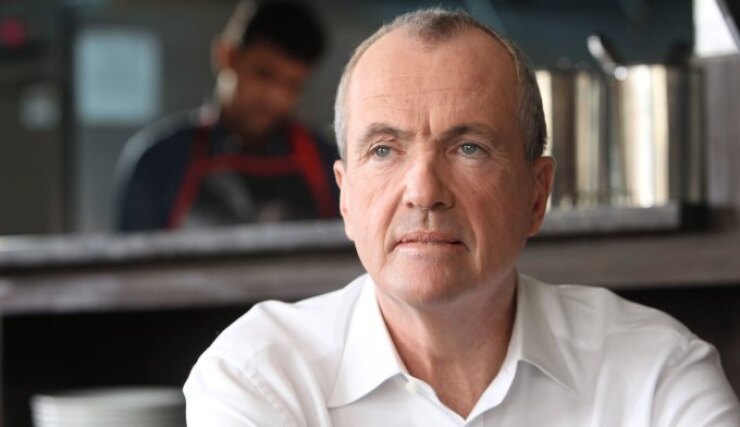New Jersey Gov. Phil Murphy cited risks to state pension funds when he conditionally vetoed legislation that would have enabled a spinoff of the state’s Police and Firemen's Retirement System.
At the same time, he signaled he is open toward putting public safety employee representatives in charge of their pension funds.
The Democratic governor expressed some support for parts of bill, but in his

“I am advised by the State Treasurer, that such a massive transfer would risk immediately destabilizing the value of all the State’s pension funds, including the PFRS fund,” said Murphy in his veto message. “Immediately transferring assets would also require the [new PFRS] Board to replicate investment management functions currently performed by the State’s Division of Investment, creating extra expenses that the Treasurer advises could cost the PFRS fund an estimated $12 million a year.”
Former Gov. Chris Christie also
Murphy also objected to the legislation allowing a new PFRS board to set its own assumed rate of return for investments.
New Jersey Treasurer Elizabeth Maher Muoio
"The assumed rate of return has broad implications for the state, municipalities and counties, as well as for other pension systems,” Murphy wrote. “My Administration took swift action to impose a more realistic and responsible assumed rate of return on pension investments, and to implement a plan to gradually lower the rate over time, promoting stability in employers’ contributions and signaling to credit rating agencies and investors that the State takes seriously its commitment to reduce longer-term funding costs within appropriate levels of risk.”
Murphy’s $37.4 billion budget proposal would raise annual pension contributions by 10% to 60% of New Jersey's actuarially determined contribution. Escalating pension liabilities drove New Jersey to 11 rating downgrades under Christie to the second lowest level of all states. The Garden State has general obligation bond ratings of A-minus from S&P Global Ratings, A3 from Moody’s Investors Service and A from Fitch Ratings and Kroll Bond Rating Agency.
PFRS is the healthiest of the state's individual pension systems with a total funded ratio of more than 69%, compared to 60.2% average for the other four funds, according to Murphy. He stressed that PFRS members pay about 10% of their salaries to the pension system, a higher level than many other public sector employees.
"These factors support adopting a different approach for PFRS, to treat it differently than our other retirement systems," he wrote in the veto message.
“I am convinced that this different approach should include embracing the unions’ strongly-held desire to oversee their own investments,” he wrote. “However, there are several technical changes that must be made to ensure that the proposed reforms are implemented in an appropriate manner, as intended, and that taxpayers are protected in the process.”





